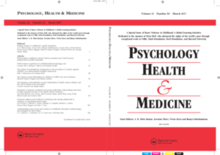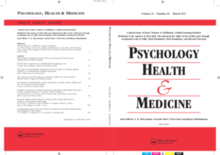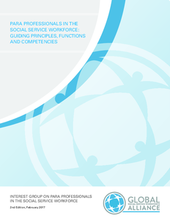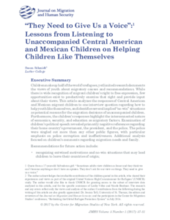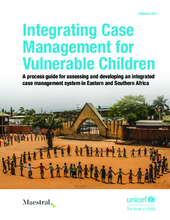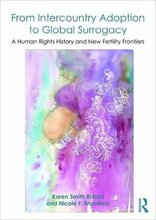Displaying 181 - 190 of 461
This editorial explores the experience and impact of childhood violence around the world and calls for a coordinated and multi-sectoral response to prevent violence, recognizing the need to identify and address the root causes of family separation and institutionalization.
This Special Issue of the Journal of Psychology, Health and Medicine contains fifteen of several papers commissioned by the Know Violence Initiative. Together, these papers illustrate the complexity of violence experienced by children and present evidence-based strategies for addressing and preventing childhood violence.
This paper describes promising programs and strategies designed to prevent physical punishment by parents for each of three levels of intervention − indicated, selective, and universal − and summarizes the existing evidence base of each.
This document details the guiding principles for para professionals in the social service workforce.
This article analyzes the responses of Central American and Mexican migrant children to one interview question regarding how to help youth like themselves, and identifies several implied “no-win” situations as potential reasons for the migration decisions of unaccompanied children.
This guide is aimed at informing policy makers and programme managers working across Eastern and Southern Africa to implement an integrated case management approach to practice with vulnerable children and their families.
Bringing together cross-disciplinary expertise, this volume addresses a vast range of topics related to child abuse and neglect in Uganda.
This report evaluates UNICEF's child protection systems building approach in Myanmar, including the review methodology, findings, conclusions and lessons learned, as well as recommendations for the future.
Extracting on chronologic data, this book discusses the politics and practice of intercountry adoption starting with the state international adoption to in the 1950s continuing to present-day adoption practice and protections.
This article explores the implications of austerity for professional child and family social workers in the UK.

